Researchers have made a major step forward in the field of organ transplantation after a monkey lived for 758 days with genetically modified pig kidneys.
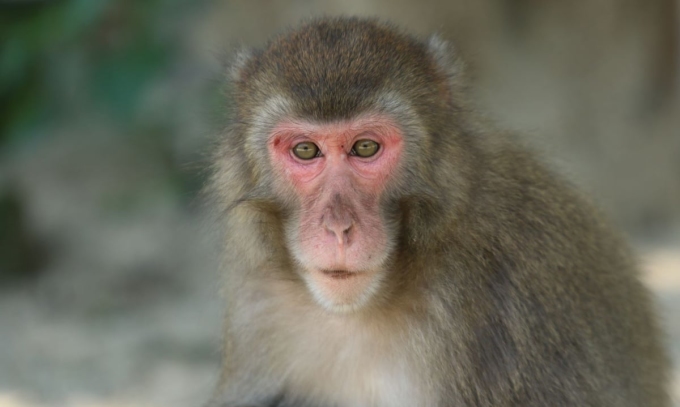
Macaque monkeys, the type of monkey chosen for the pig kidney transplant study. Photo: Takasakiyama Natural Zoological Garden
A new study on transplanting genetically modified pig kidneys into monkeys, published in the journal Nature, was conducted by the US biotech company eGenesis and Harvard Medical School. The research team believes that genetically modified pigs are a potential solution to the global shortage of donors for patients with organ failure, the Guardian reported on October 11. According to Dr. Michael Curtis, CEO of eGenesis, the new milestone gives hope for this solution and can bring positive results for people who need organ transplants to continue living.
Scientists have spent decades studying whether animal organs can function normally and safely in humans without being rejected by the patient’s immune system, but the challenge is enormous. In the latest experiment, the team used the gene-editing tool CRISPR to alter the genes of Yucatan miniature pigs, then transplanted their kidneys into macaque monkeys. The gene changes were intended to prevent organ rejection and remove any pig viruses that might be activated in the recipients.
In the new study, the team describes how 21 monkeys survived after their kidneys were removed and transplanted with gene-edited pig kidneys. The monkeys typically survive just 24 days because the kidneys (which had been modified to disable three genes) trigger an immune response. But when the team added seven human genes that reduce blood clotting, inflammation, and other immune reactions, the monkeys lived seven times longer, typically about 176 days.
When combined with immunosuppression, the team said, one monkey lived for more than two years — 758 days — with the transplanted organ. Curtis said the longevity of some of the monkeys brings eGenesis closer to meeting the FDA requirement that animals survive for at least 12 months before clinical trials on humans can begin.
The team used Yucatan miniature pigs as “donors” because their kidneys are about the same size as adult kidneys when they reach adulthood. In the monkey experiment, the pig kidneys were transplanted when they were 2-3 months old and smaller in size.
Tatsuo Kawai, a member of the research team and a professor at Harvard Medical School, said they expected the modified pig organs to work better in humans than monkeys because they were a better match. Professor Dusko Ilic at King's College London said the new work was groundbreaking, but said there was a long way to go before the method could be used in clinical trials.
Thu Thao (According to Guardian )
Source link








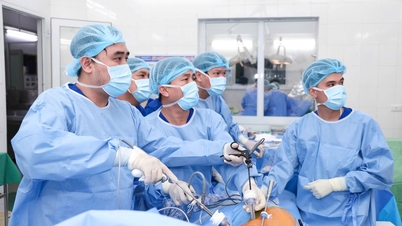




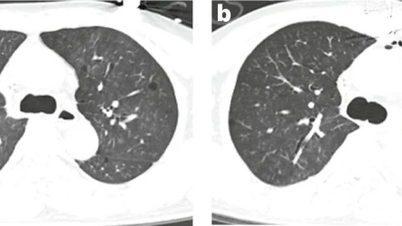


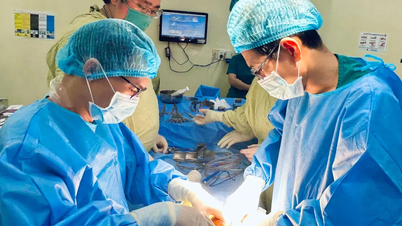



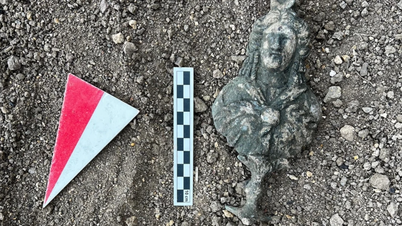












































































![Dong Nai OCOP transition: [Part 2] Opening new distribution channel](https://vphoto.vietnam.vn/thumb/402x226/vietnam/resource/IMAGE/2025/11/09/1762655780766_4613-anh-1_20240803100041-nongnghiep-154608.jpeg)













Comment (0)